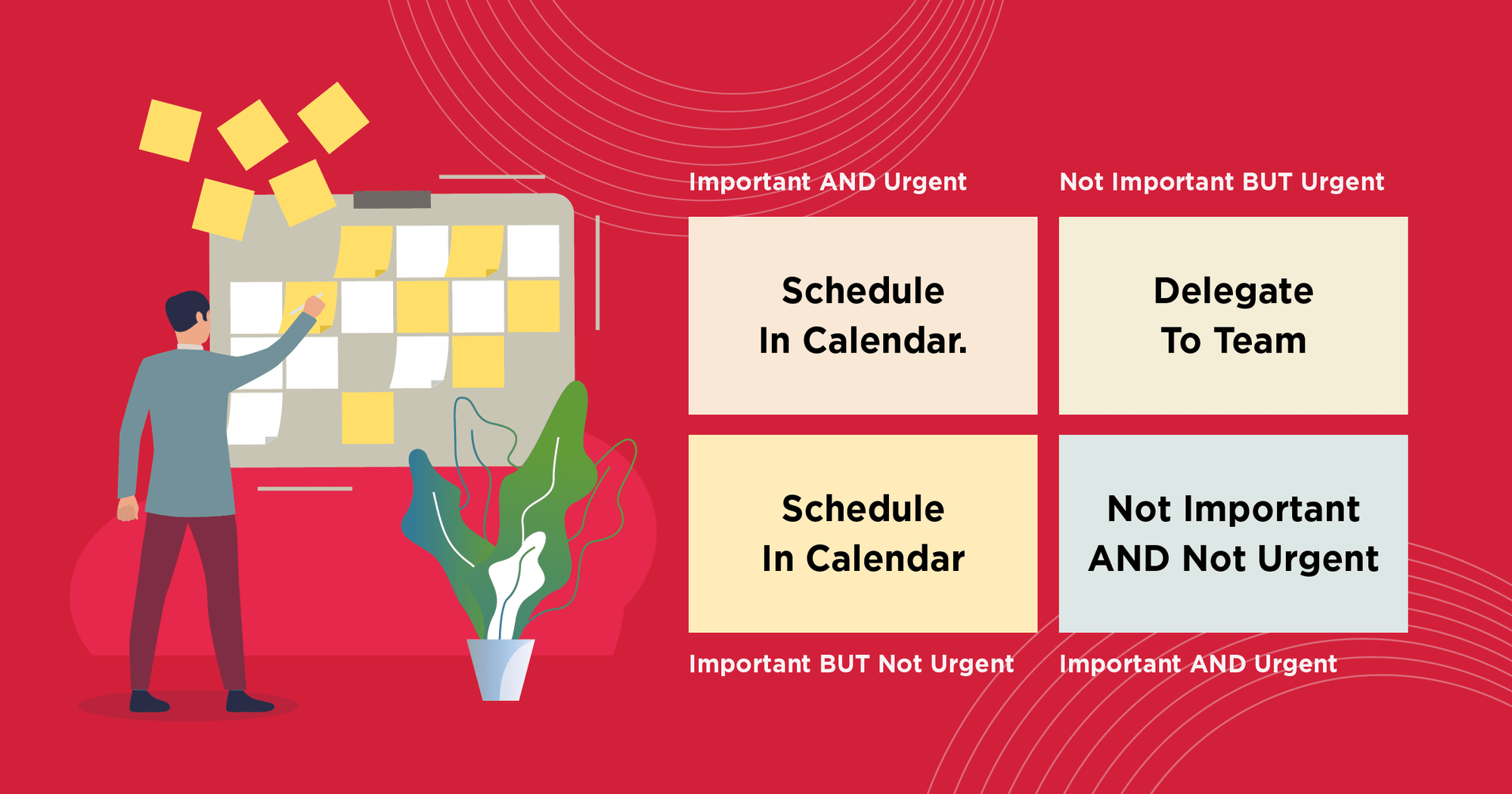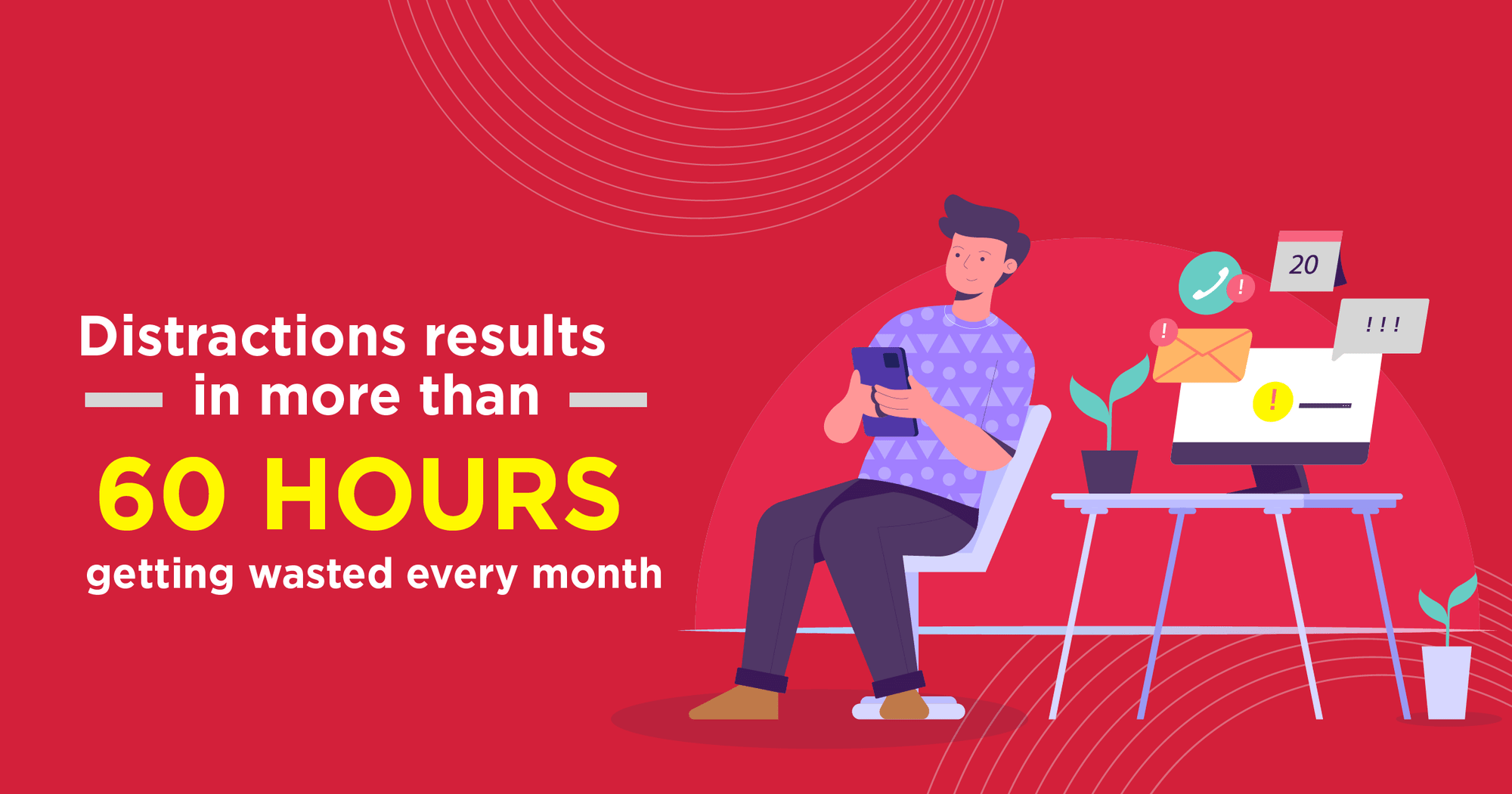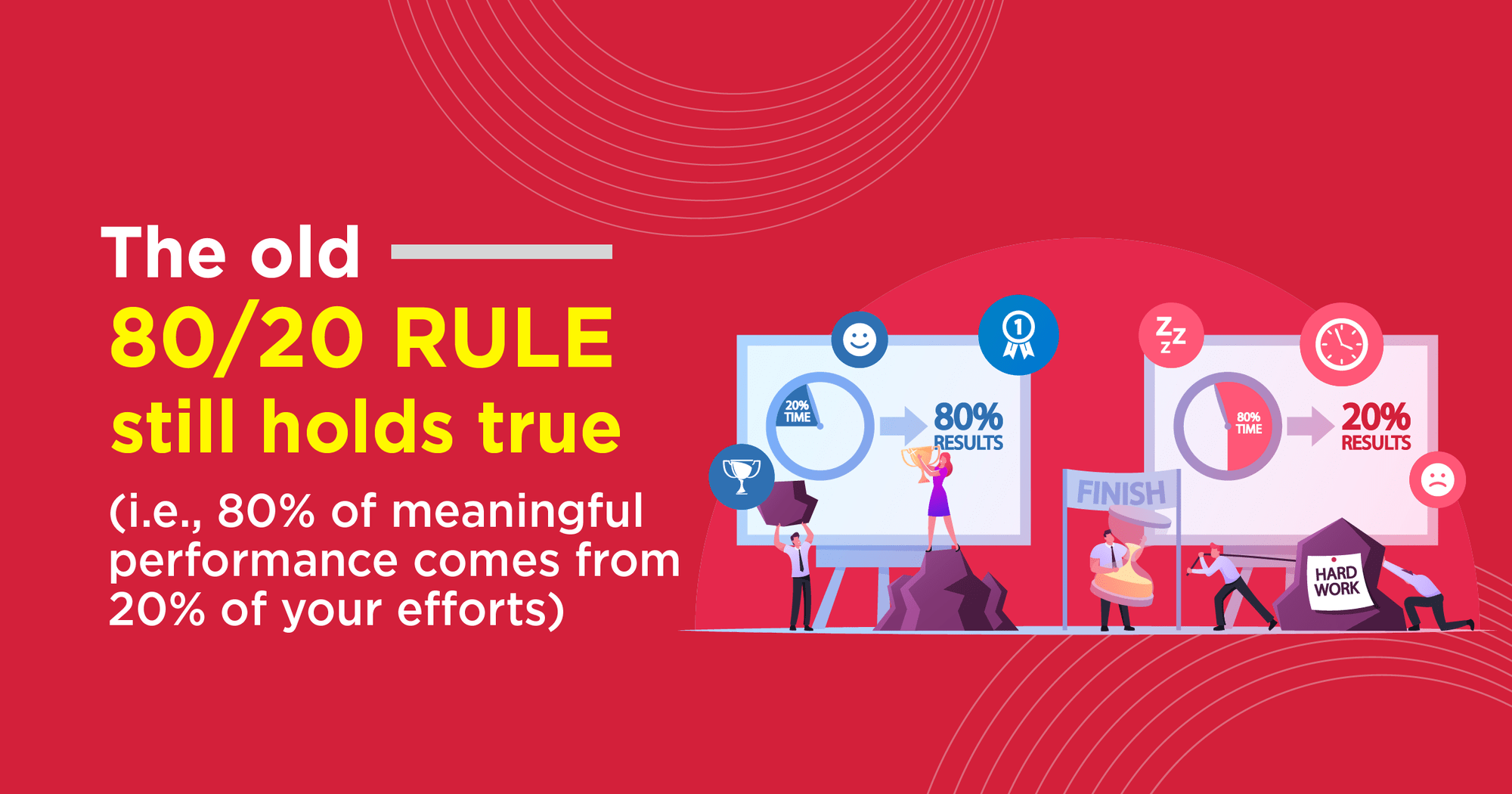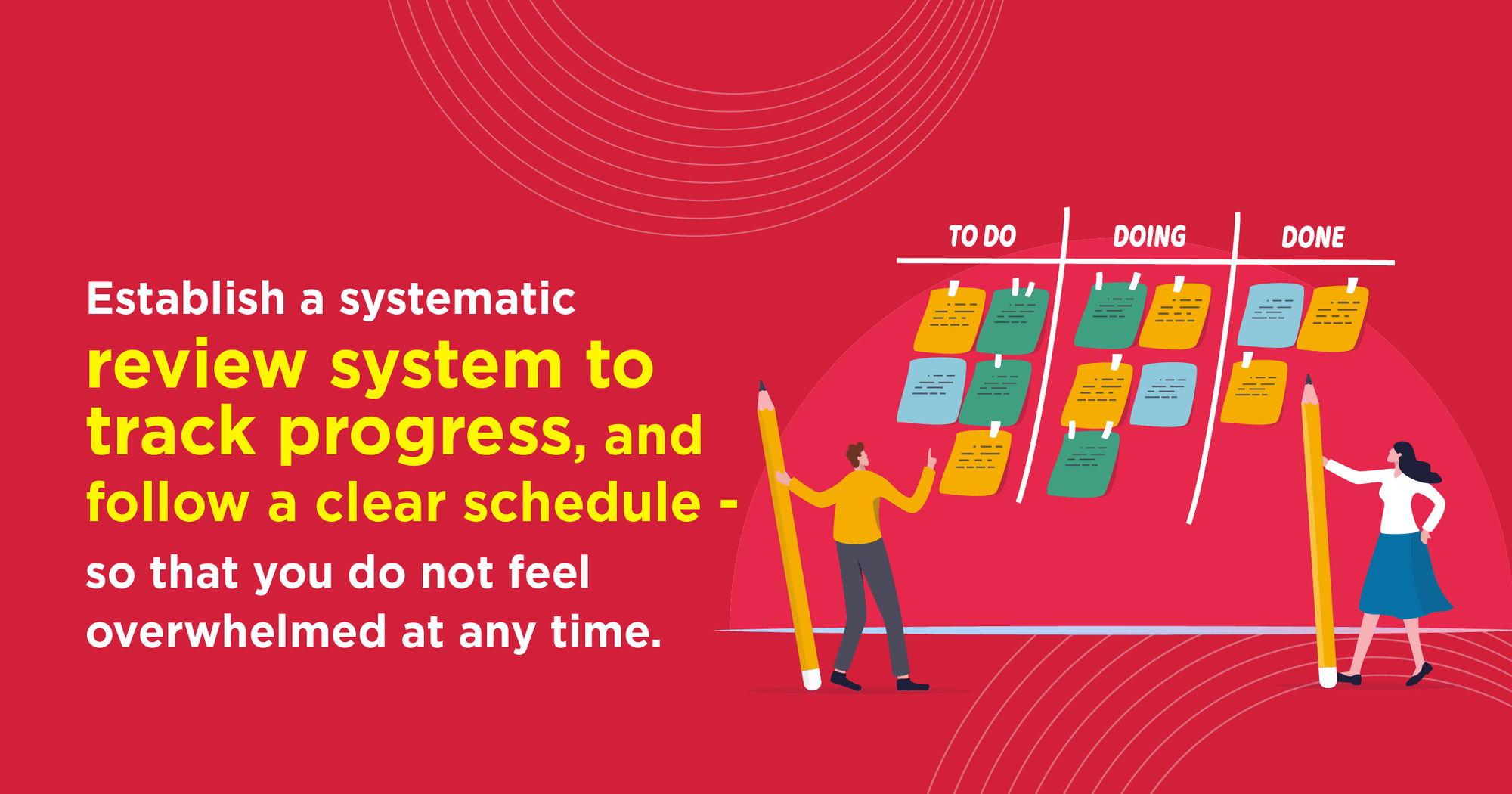How To Ace The Skill Of Time Management?

For many people in the present-day professional world, using time optimally is a serious challenge. The fact that nearly 27% of work gets done after regular office hours signifies that time-management is something that is not being paid adequate attention to. At work, the average ‘Mr. X’ spends nearly half of the day handling tasks that are of low or minimal value, while the higher-priority tasks remain neglected. Making the best use of a certain number of fixed hours at work is not as simple as it sounds – and this lack of time-management can easily lead to significant losses in individual (and organisational) productivity. The increased stress factor, which is a direct result of that “I do not have enough time to complete my work” feel, is also a point of concern.
Effective time-management is a skill born out of certain habits that you need to practice at work. It is a skill that will help you do more, achieve more, and eliminate the worries & stresses that are invariably associated with haphazardly handled tasks. Over here, we will provide an overview on how you can ace this hugely essential skill:
Plan In Advance; Set Attainable Goals
“A plan is what, a schedule is when. It takes both a plan and a schedule to get things done.”
The first pre-requisite for great time-management is great planning. Set aside some time everyday to plan your tasks, meetings & deliverables for the next day. Before wrapping up things for the weekend, sort out your plans to calibrate the next week. There will be unscheduled tasks – but they should not become the norm.
While planning tasks ahead, there is always the temptation to squeeze in too much work within a certain time-frame. (which invariably leads to tasks remaining incomplete or inefficiently done). Instead, set yourself achievable/attainable goals – allocating enough time for each task to be completed in the best possible manner. Maintaining a to-do list is always a good idea. When tasks are planned & scheduled well, meeting deadlines becomes easier than ever.
Prioritise Your Tasks; Make Your Own Decisions
“You get to decide where your time goes. You can either spend it moving forward, or you can spend it putting out fires. You decide. And if you don’t decide, others will decide for you.”

Prioritizing the Taks will Eliminate the Uncertainty and Deliver Max Performance
In a day, there will be a certain number of tasks to be completed – but not all of them will be equally urgent or important. This brings to light the importance of task prioritisation for effective time-management. Following the famous Eisenhower Matrix, you can classify daily tasks under the following four heads:
-
Important AND Urgent ⇒ Must Complete.
-
Not Important BUT Urgent ⇒ Delegate To Team.
-
Important BUT Not Urgent ⇒ Schedule In Calendar.
-
Not Important AND Not Urgent ⇒ Remove
Ideally, this classification should be done on a weekly basis. Of course, the extent to which you can delegate or delete tasks would depend on your position, team size, and other such external factors.
In this context, it is important to highlight the importance of taking your own decisions regarding task-prioritisation. Stay in control of your time as much as possible – by deciding on the order in which you will take up the different tasks (at times, your team-members and superiors will have a say in this). Good decision-making capability is a trait of efficient time-managers, and it’s something you need to master.
Multitasking Is A Myth; Get Rid Of Distractions
“You can have it all. Just not all at once.”
A recent American Psychological Association (APA) report revealed that multitasking – trying to balance several tasks simultaneously – causes upto 40% more time getting used up. Each task, no matter how small it might be, needs your undivided attention – and you should always finish one work before moving on to the next. Instead of switching from one task to another (and back), try completing tasks sequentially. You will end up doing better quality work, and your productivity will go up noticeably.

Don’t Indulge in Multiple Task at Once: It’s Only Distract You
While it is all very well to chalk out work plans for the day, workplace distractions can throw a spanner in the works. These distractions – which can vary from overly chatty colleagues and extended breaks, to an unhealthy social media addiction and plain lack of concentration – results in more than 60 hours getting wasted every month. Put in another way, ~38% of the available time in a work-week is eaten up by distractions. The onus is on you to identify – and minimise – the cause of such distractions, so that your work does not end up being half-baked.
Note: On average, people ‘meaningfully work’ for only around 4 hours and 12 minutes everyday (i.e., an 8-hour working day). It’s on you to make those ‘active hours’ count.
Must Read- Staying Late At Work Is Not Equivalent To Greater Productivity
Perform Time Audits; Appreciate The Importance Of Taking Breaks
“The key is in not spending time, but in investing it.”
You arrive at work nice & fresh, right on time – and before you know it, afternoon is already approaching! You, or anyone professionally employed for that matter, can probably relate to this feeling. It is extremely important to conduct ‘regular time audits’ – to understand which tasks are taking up the most time, whether there is any free time that can be profitably used, and whether any changes are necessary to make your time-allocations more optimised. This will help you siphon out the time spent on relatively unfruitful thought sessions, activities and meetings – and ‘deep focus’ on what’s important.
The human mind cannot perform like a machine (it is not meant to do so either!). If you try to work for 6-7 hours at a stretch – it is only natural to feel jaded and overworked, with the quality of work dropping steadily. Instead, take small breaks in between (not too many of them, of course). They will help you rejuvenate your mind, so that you can return to your workstation and continue performing at your productive best. Have your lunch on time too. Working on an empty stomach is not at all advisable – either from the personal health or from the productivity-optimisation perspectives.
The Art Of Delegating Tasks And Saying ‘NO’
“One always has time enough, if one will apply it well.”
Smart time-management depends a lot on how well you can ‘protect your time’. The time you have is your biggest asset – and you need to spend it wisely, by setting boundaries and tackling the most important tasks first. If you feel that a particular task (or set of tasks) is not a priority (and/or does not add value to your performance), discuss this with your colleagues/reporting authority. If required, you will need to say ‘no’ to, or at least defer, the tasks that are relatively unimportant.

Tasks Delegation Can Improve the Work Performance Significantly
When it comes to managing time at work, the good old 80/20 rule still holds true (i.e., 80% of meaningful performance comes from 20% of your efforts). Remember one thing – you cannot do everything on your own. Depending on your position and level of authority, you need to focus on the most important tasks, while delegating the rest to others (team-members, juniors, etc.). For this, identifying the people who will indeed deliver the ‘right’ results is also important. By engaging others and working as a team (instead of trying to take everything on your plate), you will get more work done within a stipulated time.
Note: People in senior management/leadership positions, on average, spend close to 74% of their workweeks in meetings. Task delegation is hugely important for them.
Batch Similar Tasks; Use Automation For Time Management
“Don’t make the same decision twice. Spend time & thought to make a solid decision for the first time, so that you don’t revisit the issue unnecessarily.”
When you are chalking out your work plan for a day (or the entire week), club the similar tasks together. This will ensure that you shall be able to complete more work, while remaining in the same headspace and mindset. Switching to and from entirely different tasks takes a lot more effort and mental recalibration – that is, at the end of the day, redundant.

Systematic Review System is Must to Track the Progress
Think of the word ‘routine’. It has a rather boring connotation, right? However, in the context of acing the skill of time-management, the importance of following a routine simply cannot be overemphasised. Establish a systematic review system to track progress, and follow a clear schedule – so that you do not feel overwhelmed at any time.
With advancements in technology, time-management has become progressively simpler. There are dedicated applications – like Active Collab, Slack and others – that can assist you in allocating, utilising, and keeping track of time. Google Calendar is a powerful tool too, for scheduling tasks and meetings (others can also check how you are occupied on any particular day). Of course, you need to actually log your times on these systems, to derive the desired benefits. Simply having the application(s) won’t help.
While it is unavoidable at times, taking up tasks as they come along on a regular basis – without any proper work planning – is never a good idea. Surprisingly, more than 8 out of every 10 people do not follow a dedicated time-management system. This, in turn, results in sub-optimal productivity, wastage of time, and of course, elevated stress levels. It takes only around 15 minutes everyday (probably less) to properly plan a day – and when doing this becomes a habit, you can bid adieu procrastinations, and do more in the available time. Every hour matters, and unless you manage time well, you (and your organisation) will lose out.
‘Time flies’ – there is nothing you can do about it. However, with smart time management, you can definitely become the pilot!

Vandana is a Human Resources Manager at Brandwizz. She Heads Talent Management at Brandwizz. Apart from work, she loves reading and listening to music.




